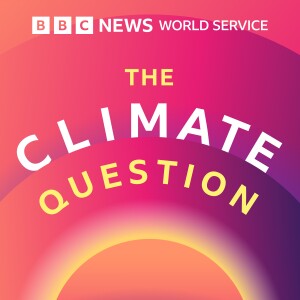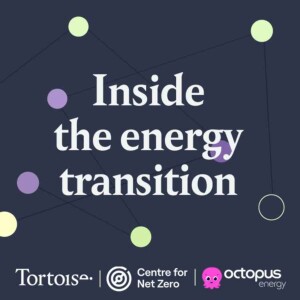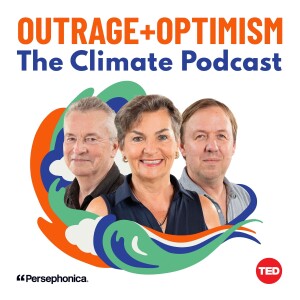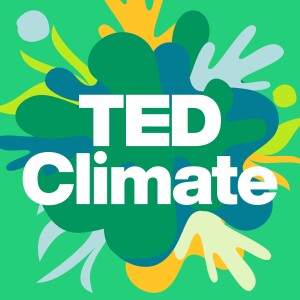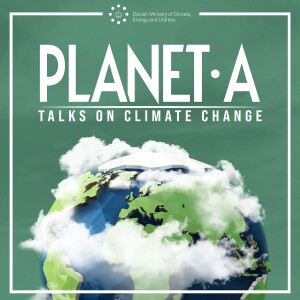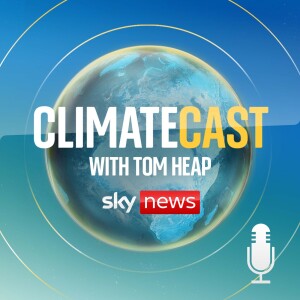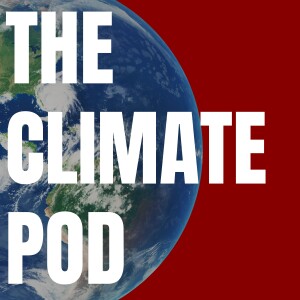

Episode List
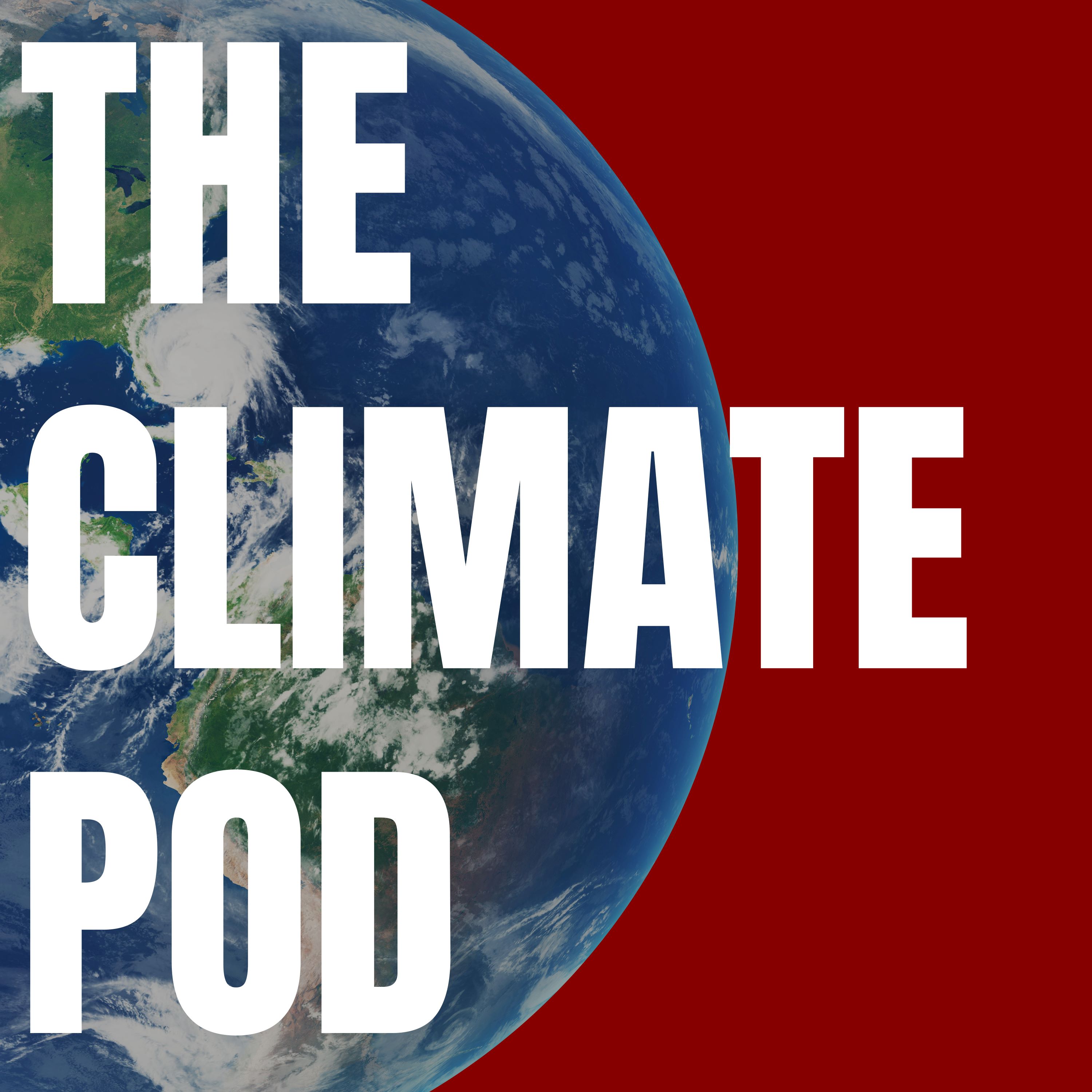
Dr. Kate Marvel On Processing The Complexities of The Climate Crisis
This week, Dr. Kate Marvel, author of Human Nature: Nine Ways to Feel About Our Changing Planet, is on the show to discuss the complex ways she processes varying emotions while studying climate change and thinking about this planetary crisis. Marvel talks about her journey from a high school student disinterested in science to studying cosmology to eventually becoming a leading climate scientist. She explains why she's inspired by this work and the people that do it. We talk about the creative and fun aspects of working with climate models, some of the certainities and uncertainites that come with any scientific exploration, and what scares her most about climate change. Marvel shares some of the deep emotions that are evoked by everyday climate science and the importance of the narratives we tell living through this crisis. We also explore what it's like for climate science and scientists to be attacked, ignored, and/or belittled, and why it's critical to appreciate the amazing contributions we've received from years of hardworking scientists studying this issue. Dr. Kate Marvel is one of the world's best-known climate scientists working today. She received a PhD in theoretical physics from Cambridge University, led the “Climate Trends” chapter in the U.S. Fifth National Climate Assessment, and has both given a TED Talk and testified before the U.S. Congress! She has written for Scientific American, Nautilus magazine, and the On Being Project. Read Human Nature: Nine Ways to Feel About Our Changing Planet Please consider becoming a paid subscriber to our newsletter/podcast, The Climate Weekly, to help support this show. Your contributions will make the continuation of this show possible. Our music is "Gotta Get Up" by The Passion Hifi, check out his music at thepassionhifi.com. Rate, review and subscribe to this podcast on iTunes, Spotify, and more! Subscribe to our YouTube channel. Other stuff referenced in this episode: The 50 Worst Songs of the ’00s from the Village Voice
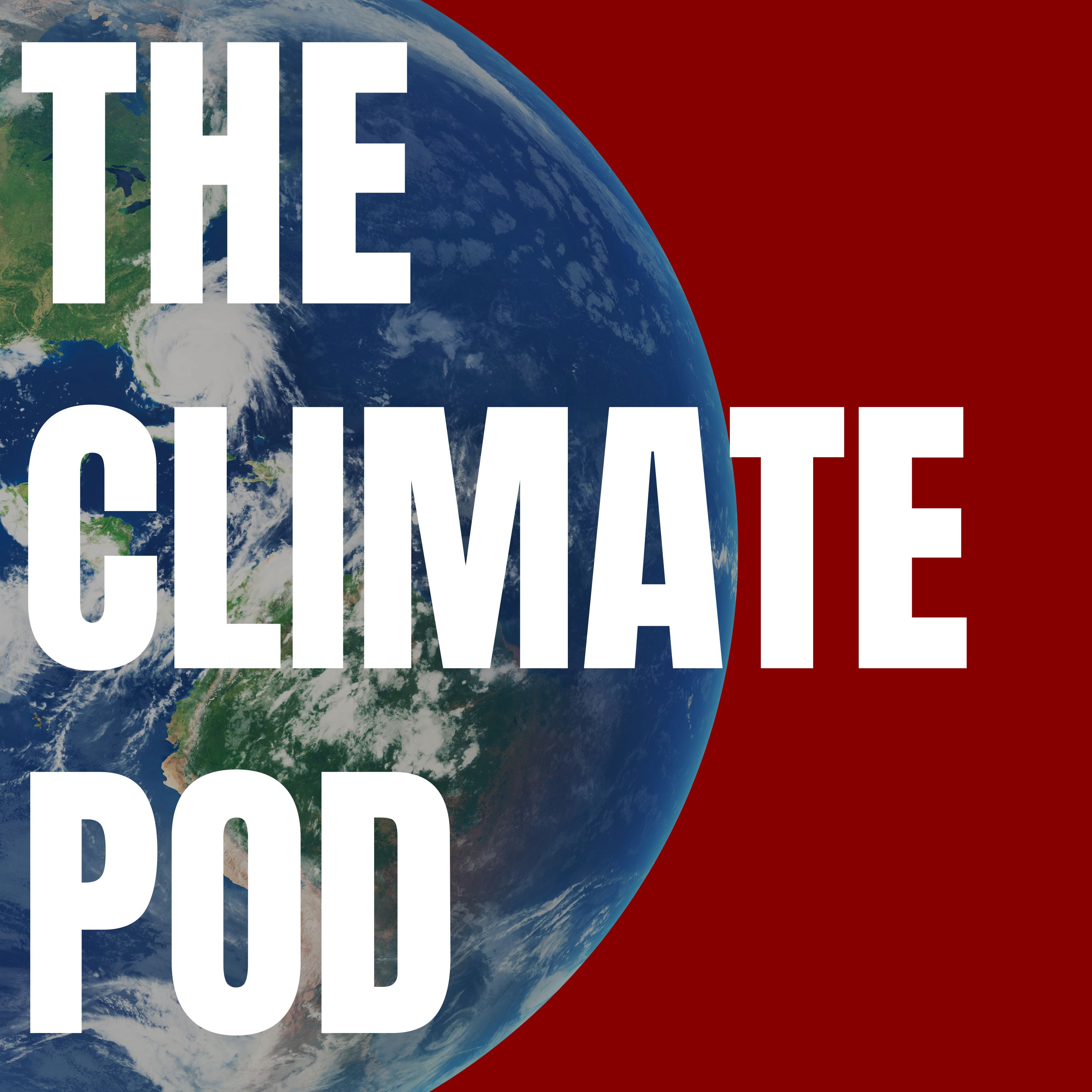
The Hidden Climate Crisis In Pop Culture (w/ Mark Bould)
The climate crisis seems to be missing from the overwhelming majority of the popular culture that we consume. But is that really the case? In this compelling conversation Mark Bould, a distinguished professor of film and literature at the University of the West of England, explains how we might be able to uncover the crisis in TV, books, and film where it isn't obvious at first glance. Bould is the author of The Anthropocene Unconscious: Climate Catastrophe Culture, which challenges our conventional understanding of climate change narratives and encourages us to uncover the implicit climate themes woven into various forms of media. Bould explains in this conversation how science fiction especially can serve as a powerful lens through which we can examine the complexities of climate change and its cultural implications. Throughout this episode, we journey through a diverse array of media, including the Sharknado, Arrival, World War Z, The Edge of Tomorrow, The Purge, and the Fast & Furious franchise to examine how climate themes appear in unexpected plas. From the explosive rise of zombie films to the nuanced storytelling of literary novels, Bould shares his insights on how these narratives not only reflect societal anxieties but also shape our collective consciousness regarding the climate crisis. Whether you're a film nerd or a climate change champion, this episode offers a thought-provoking exploration of how fiction can illuminate the biggest challenges we face. Please consider becoming a paid subscriber to our newsletter/podcast, The Climate Weekly, to help support this show. Your contributions will make the continuation of this show possible. Our music is "Gotta Get Up" by The Passion Hifi, check out his music at thepassionhifi.com. Rate, review and subscribe to this podcast on iTunes, Spotify, and more! Subscribe to our YouTube channel.
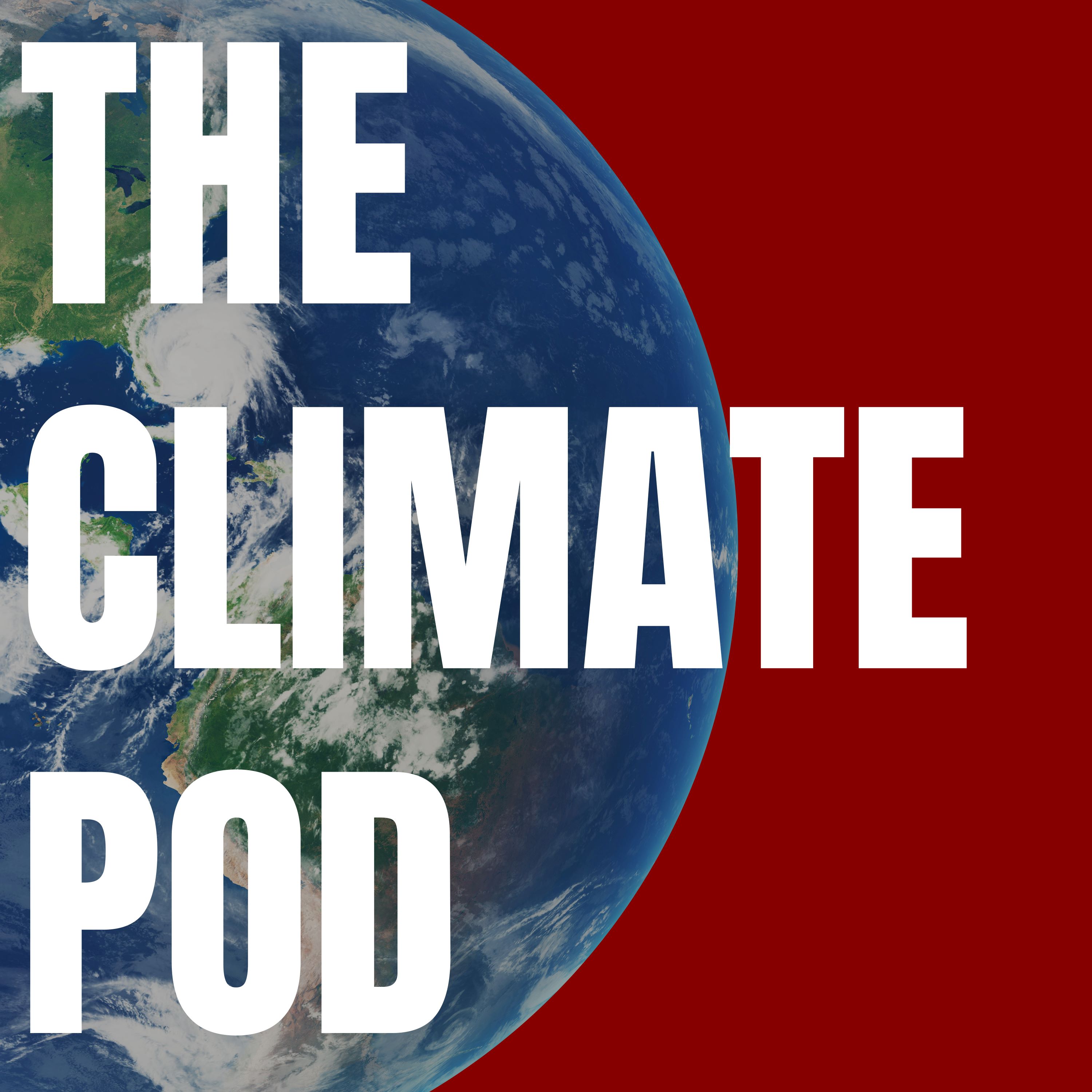
David Wallace-Wells On The State of The Climate Crisis And Our Lack of Preparedness
This week, David Wallace-Wells is back on the show for a wide-ranging conversation on the climate crisis unfolding in 2025. I was struck by David’s recent essay, “We Can Adapt and Prepare for Floods. But Will We?” in the wake of the horrific flooding in Texas. As David explains, the climate disasters we face today are increasingly unpredictable and widespread, challenging our traditional understanding of what our climate risks are where they can happen. Despite the rising frequency and cost of these disasters, David notes that increasingly it appears that our most commons response is largely to normalize these events. He suggests that instead of being jolted into action, we are adapting to these new realities mostly by just accepting it as inevitable. In this conversation, we also discuss a number of other recent events, from the repeal of major parts of the Inflation Reduction Act to budget cuts to federal services to China’s big clean energy in push in recent years. It’s wide-ranging and the kind of fascinating talk you can always expect when David joins the show. David Wallace-Wells is the New York Times essayist, best-selling science writer and author of The Uninhabitable Earth: Life After Warming. His subscriber-only newsletter he explores climate change, technology, the future of the planet and how we live on it. His recent piece on the tragic floods in Texas “We Can Adapt and Prepare for Floods. But Will We?” Check out our past conversations with David, first in 2021 and later with Ty in 2023. He’s always an exceptional guest and a very considerate person. Please consider becoming a paid subscriber to our newsletter/podcast, The Climate Weekly, to help support this show. Your contributions will make the continuation of this show possible. Our music is "Gotta Get Up" by The Passion Hifi, check out his music at thepassionhifi.com. Rate, review and subscribe to this podcast on iTunes, Spotify, and more! Subscribe to our YouTube channel.
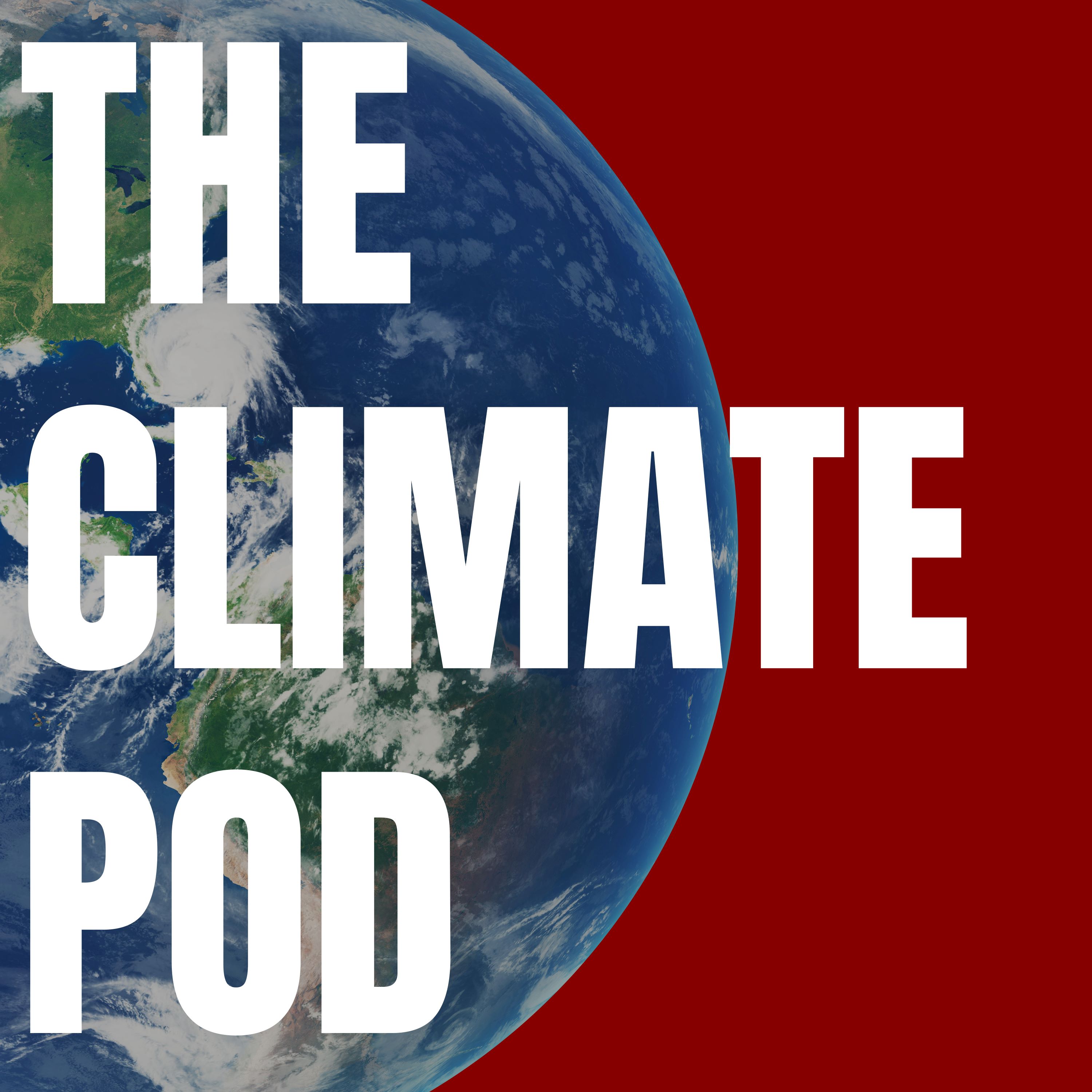
Did Pollution Create Serial Killers? (w/ Caroline Fraser)
Why were there so many serial killers in the US in the 1970s and 80s? Why were so many in the Pacific Northwest? This week, we explore the Lead Crime Hypothesis with Pulitzer Prize-winning author Caroline Fraser. In her new book, Murderland: Crime and Bloodlust in the Time of Serial Killers, she explores the potential link between mid-20th century pollution from leaded gasoline and industrial smelters and the spike in violent crime. We also examine how the reduction of lead in the environment could explain the subsequent drop in crime rates since the 1990s, but how we still face a threat today. We discuss how lead pollution became such a problem, its known impacts on human behavior, and why our understanding of pollution can challenge some conventional crime reduction strategies and beliefs. Caroline grew up outside of Seattle in the 1970s, while Ted Bundy and other murderers were in the area. We talk about her personal history with the area and how it's driven her work on the topic. Caroline Fraser is the author of Prairie Fires: The American Dreams of Laura Ingalls Wilder, which won the Pulitzer Prize as well as the National Book Critics Circle Award, the Heartland Prize, and the Plutarch Award for Best Biography of the Year. She is also the author of God’s Perfect Child: Living and Dying in the Christian Science Church, and her writing has appeared in the New York Review of Books, The New Yorker, The Atlantic, the Los Angeles Times, and the London Review of Books, among other publications. Check out Murderland: Crime and Bloodlust in the Time of Serial Killers Please consider becoming a paid subscriber to our newsletter/podcast, The Climate Weekly, to help support this show. Your contributions will make the continuation of this show possible. Our music is "Gotta Get Up" by The Passion Hifi, check out his music at thepassionhifi.com. Rate, review and subscribe to this podcast on iTunes, Spotify, Stitcher, and more! Subscribe to our YouTube channel.
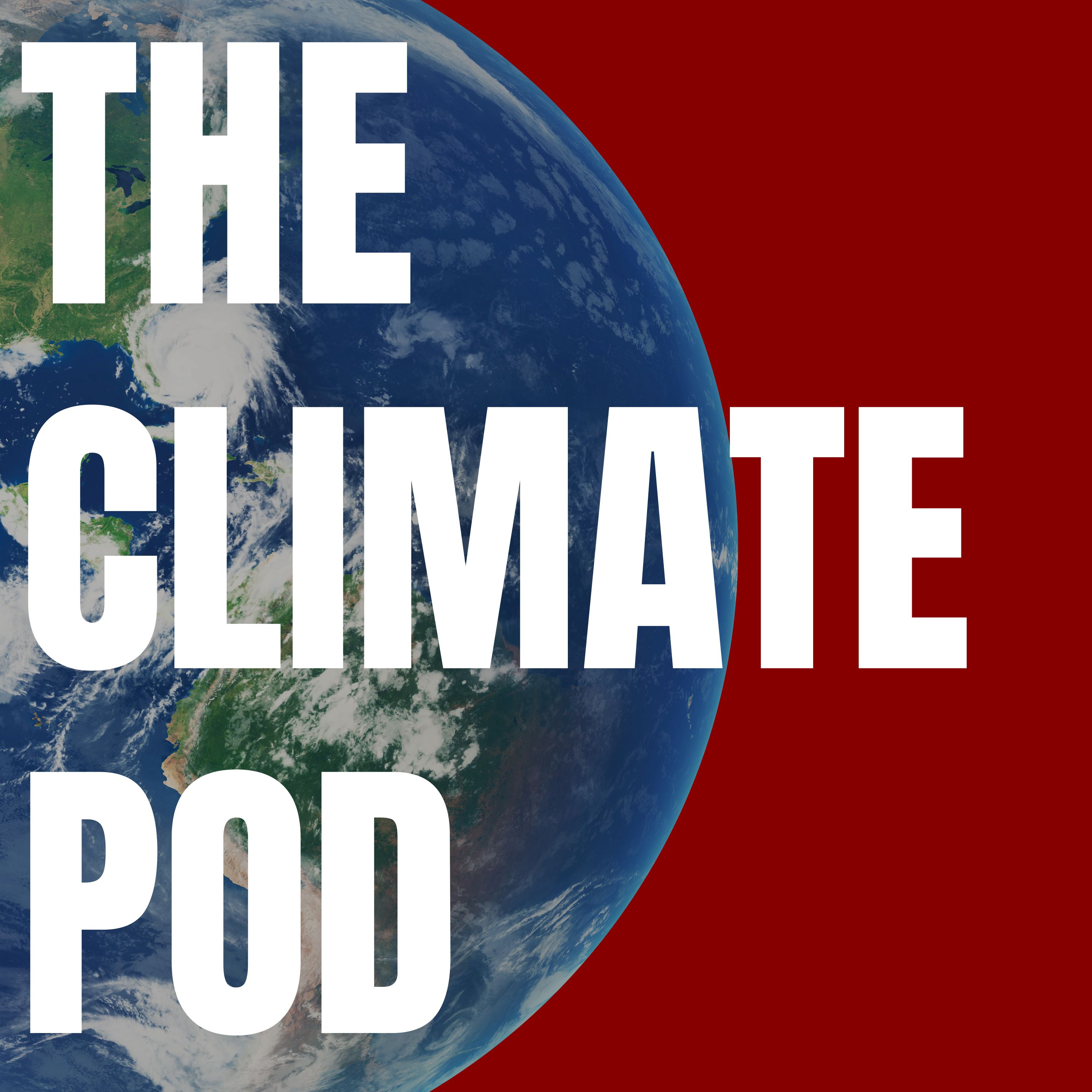
What Happens To US Energy Now? (w/ Robbie Orvis)
We’re living through a time of extraordinary change to the US energy landscape. As Robbie Orvis, Senior Director of Modeling and Analysis at Energy Innovation argues, the combination of surging demand for electricity with new policies designed to slow the build out of cheaper, cleaner, faster energy sources like wind, solar, and batteries will result in higher utility bills, fewer jobs, and slower economic growth. And that will impact everyone, likely in more ways than you’d expect. Orvis joins The Climate Pod this week for an in-depth examination of the One Big Beautiful Bill Act. How much less clean energy will actually be built in the coming years? How much could it increase energy costs? What will be the economic losses suffered as a result? Will international momentum towards clean energy continue in absence of the United States’ leadership? Orvis answers all these questions and more as we get into the weeds of the new energy environment. Please consider becoming a paid subscriber to our newsletter/podcast, The Climate Weekly, to help support this show. Your contributions will make the continuation of this show possible. Check out more of Robbie's work at Energy Innovation here. Our music is "Gotta Get Up" by The Passion Hifi, check out his music at thepassionhifi.com. Rate, review and subscribe to this podcast on iTunes, Spotify, Stitcher, and more! Subscribe to our YouTube channel.
Create Your Podcast In Minutes
- Full-featured podcast site
- Unlimited storage and bandwidth
- Comprehensive podcast stats
- Distribute to Apple Podcasts, Spotify, and more
- Make money with your podcast
